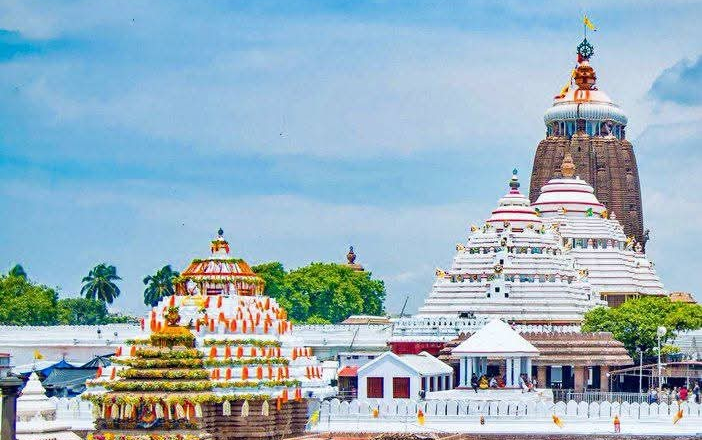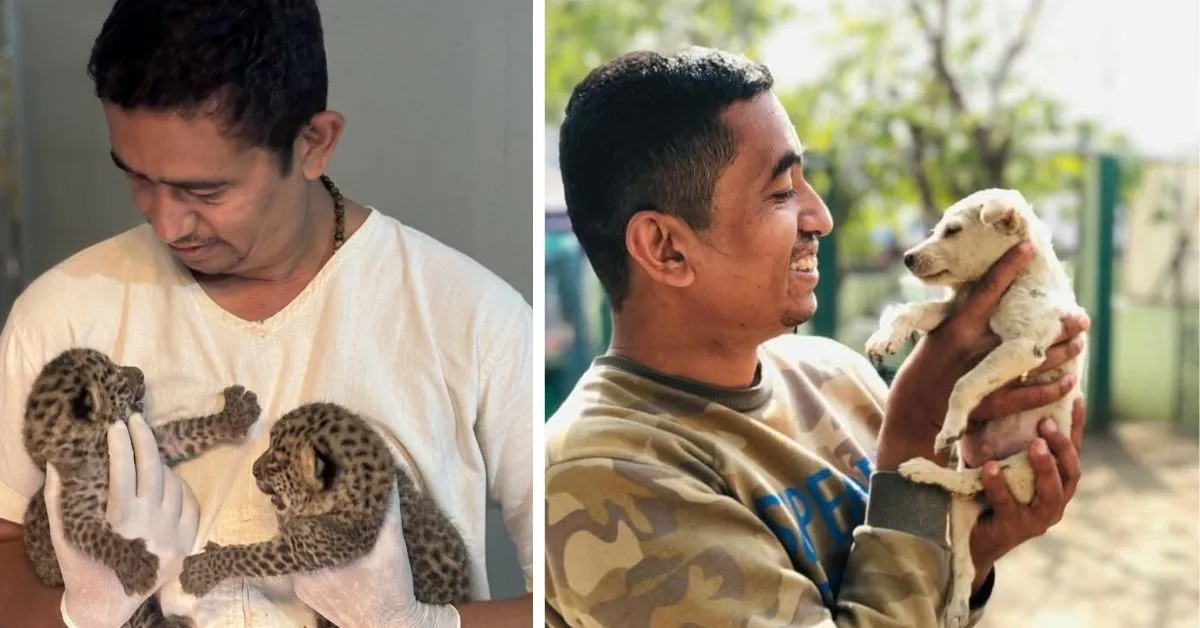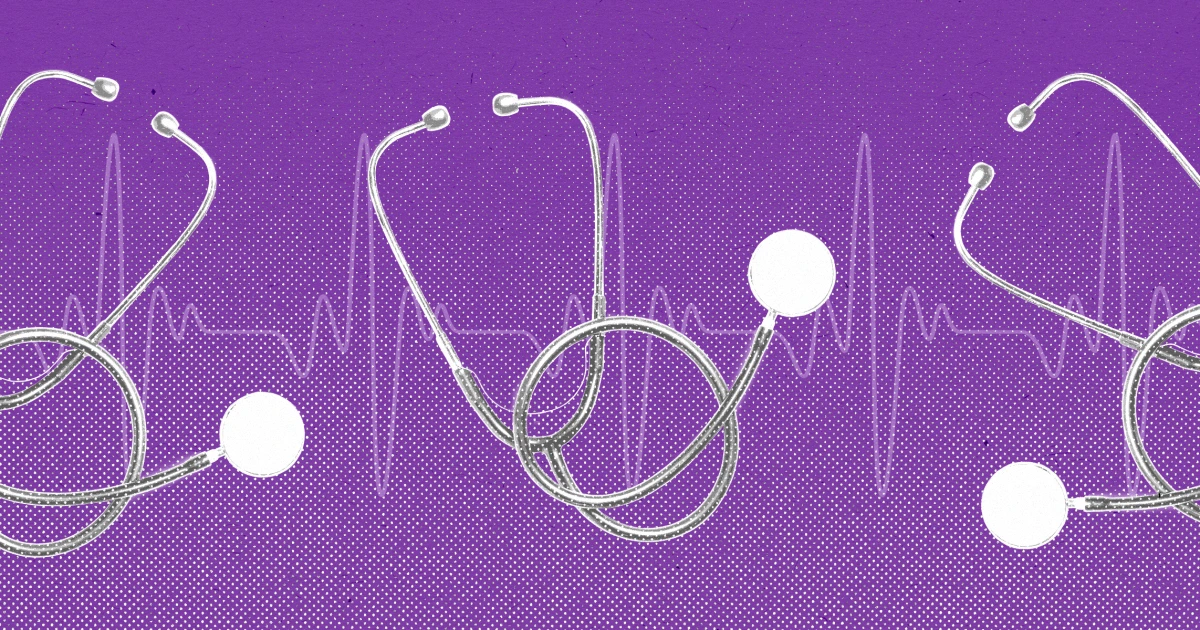Copyright pragativadi

This directive was announced by District Collector Dibya Jyoti Parida during a key review meeting held at the Circuit House on Thursday morning. The meeting focused on ensuring orderly darshan (viewing of the deities) and comprehensive arrangements for the upcoming Panchuka brata observance, which marks the final five days of the holy Kartik month. Presiding over the session, Collector Parida emphasised that Kartik is a deeply religious period, drawing massive crowds eager for a glimpse of Mahaprabhu (Lord Jagannath). With an influx of Habishyalis (women observing the strict Habisha fast) alongside other devotees and pilgrims, authorities anticipate significantly higher footfall during Panchuka. To manage the expected surge, the Collector outlined essential measures including enhanced security protocols, maintenance of law and order, health services, drinking water supply, transportation logistics, traffic control, and sanitation. Barricades will be set up to facilitate smooth darshan queues, with provisions for drinking water stations along the way. Special instructions were issued to the Fire Services Department to remain on high alert for any emergencies, paying particular attention to the lamps installed at designated spots. Additional arrangements will be made near the temple pond (pushkarini) and the nearby sea to ensure safety. Parida also advised the Shree Jagannath Temple Administration to conduct daily niti (rituals) punctually, which would expedite the darshan process and reduce waiting times for devotees. Departmental responsibilities were clearly delegated: WATCO will handle drinking water and toilet facilities; the Chief District Medical Officer (CDMO) will oversee health arrangements; Puri Municipality will manage cleanliness, sanitation, and toilets; the Information and Public Relations office will disseminate key updates to pilgrims; the Police Department will control traffic and maintain order; TPCODL will ensure uninterrupted power supply; the RTO will manage parking and vehicle regulations; the Public Works Department will construct barricades and repair roads as needed; and the Culture Department will organize successful cultural programs. Describing the initiative as a collective endeavour, the Collector urged all stakeholders to collaborate for its success.



